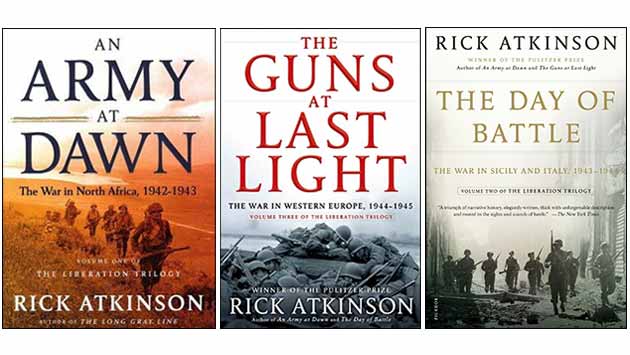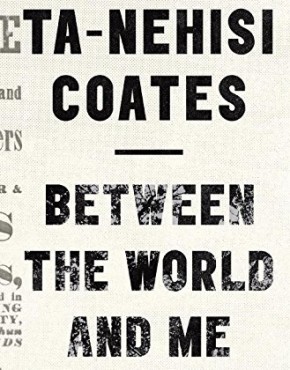With the news that the European Parliament has voted to back an arms embargo on Saudi Arabia following widespread allegations of IHL violations in its war in Yemen, even more pressure is being put, in particular, on the UK’s seemingly untenable military relationship with Riyadh.
The vote was celebrated by groups such as the Campaign Against Arms Trade, who are obviously long-standing critics of UK arms export policy, and particularly British support for the Saudi war. It seems to point towards a long over-due change in policy.
However, as past experience has shown, it takes a lot to get governments to seriously consider the ethical implications of their arms export licensing decisions. In this post, which I’ve been considering so long I had assumed events would have overtaken me by now (which says it all), I’ll try and assess the likely impact of the vote.
The text adopted on Thursday is long and written in that strange voice that only two years of MUN could adequately have prepared me for. In amongst the expressions of grave concern and the reminders and stressings to all parties in the conflict, this is the key paragraph:
7. Calls on the VP/HR to launch an initiative aimed at imposing an EU arms embargo against Saudi Arabia, given the serious allegations of breaches of international humanitarian law by Saudi Arabia in Yemen and the fact that the continued licensing of weapons sales to Saudi Arabia would therefore be in breach of Council Common Position 2008/944/CFSP of 8 December 2008
Looking at the actual language here, two things are striking. As imposing an EU-wide arms embargo is not one of the Parliament’s competencies (not 100% certain, but I believe that’s up to the Commission), the action language is very weak – they’re “calling for […]an initiative[…]aimed at” an arms embargo, which sounds like at least two layers of processes. On the other hand, that second clause is strong. There is no hedging around the rights or wrongs of continued sales to the Saudis. Rightly so! The Council Common Position referred to, available here, contains eight criteria by which member states should assess arms export licence applications. By my count, Saudi Arabia definitely doesn’t satisfy Two, Four or Six (it probably passes the rest, tenuously).
This is significant. Weasel words and obfuscation are generally the weapon of choice for governments who want to license arms exports to war criminals – ‘if evidence, clear evidence, is shown of these allegations, we would re-evaluate our positon’. Clear language like this is useful.
Useful, but limited. Again, this resolution has no legal force. Even if it did, it is hard to be optimistic about a change in policy. After all, British arms exports to Saudi Arabia have always been extremely sketchy under British law, even more so since the beginning of the war in Yemen. One of the foreign policy goals of the first Blair government was getting an “ethical arms export criteria” into law – this became the Export Control Act of 2002. The popular phrase used by policy-makers from Robin Cook through to Sajid Javid is that weapons would not be licensed where there “is a clear risk that it could be used for external aggression or internal oppression”. This includes provisions on respect for the laws of armed conflict, adverse effects on peace, security or stability, and breaches of human rights. By any reasonable standard, there is not just a “risk” that British weapons are being used in ways that don’t meet these criteria, it is arguably a matter of fact. So there should have been, at the very least, a pause in exports weeks ago.
It’s kind of spectacular, then, that at the same time as this resolution was being voted on, Prime Minister Cameron appeared at a BAE Systems factory to celebrate their work, particularly in selling to Saudi Arabia! When I was writing my dissertation, I thrived on these anecdotes that showed the futility of it all. From the MP who seemed to suffer a minor breakdown in defence of Saudi Arabia, to the shameless support of a policy that has already caused so much suffering, these are not the actions of a government wary of being forced into a change of policy. The government has continued to license exports to Saudi Arabia since the beginning of the war, including an urgent transfer of precision-guided munitions intended for the RAF.
That’s not to say this was empty or futile. The fact that Riyadh lobbied against the vote suggests they feel affected by it somehow, if only in terms of image. This (slightly fatuous) Vox piece compares the decision to U.S. policy as a critique. These aren’t negligible impacts, but they’re not likely to amount to much, unfortunately.
if you think this was bleak, try spending two and a half years writing a dissertation on it




